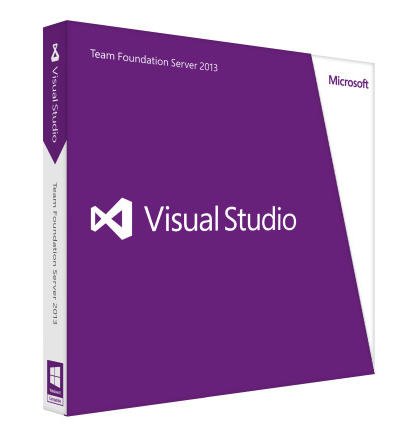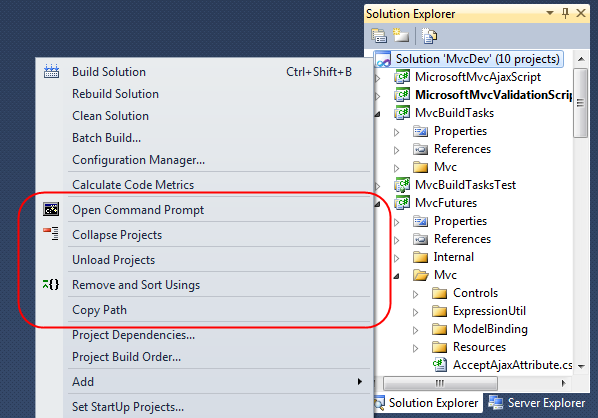

- #Workspace manager visual studio extension install#
- #Workspace manager visual studio extension update#
A very simple, no-code VSCode extension that will install extensions that are defined in the pack. You might have heard of the “ AL Extension Pack“. What we did: we created an extensions.json for all workspaces and we added it as part of our “template project” so that we’re sure that we do what we can to get the necessary extensions at the developers. You could also simply go to extensions, and filter to see the list that’s recommended for this workspace.Įasy peasy.

The result is that you’ll get a notification every time you open the workspace (and are about to contribute to the code) and you have one of the recommendations not installed. vscode folder of your workspace (or as a workspace-setting), which you simply fill with a collection of extensions that you think are necessary for this workspace. When searching for a solution, there is one topic you always come across on various forums, and that’s the use of the extensions.json for “ workspace recommended extensions“. but if someone has better suggestions or solutions, please let me know -). So I’m going to try to make some suggestions that can help you for this. Well, I can already tell you: there is no decent solution as far as I am aware. How can I force my developers to install certain vscode extensions when they are working for our repositories? If one person doesn’t use it, the object ids are not being reserved, and you’ll still end up with conflicts. Thing is, while this is an awesome extension, it actually ONLY really works when the ENTIRE team has it installed. And the setup is kind of a no-brainer as well, as Vjeko is managing the backend for you. It isn’t getting more intuitive than this. In short: it’s a VSCode extension that will help you manage the Object Ids in team, by reserving them (right from instellisense) in a backend, where the team is connected to.

After that, press Save Workspace and close the Manage TFVC window.Select the workspace that you use in Visual Studio and press Edit.Go to VCS | TFVC | Manage Workspaces, select your server, and press Reload workspaces.Call VCS | Enable Version Control Integration.Make sure that the tf.cmd tool is specified in Settings | Version Control | TFVC.Run the following command in the command line (it is described here and here ):.Īzure DevOps 1.159 and older (only local workspaces are supported) Select a main menu item VCS | Enable Version Control Integration… and select TFVC.Īzure DevOps 1.160 (only local workspaces are supported) In case the workspace wasn’t imported automatically (a TFVC tab didn’t appear), select the main menu item VCS | Enable Version Control Integration… and select TFVC.
#Workspace manager visual studio extension update#
(this command will update the Team Everywhere command-line client workspace cache, so it will know about your workspace)

Particular actions required to import a workspace depend on the Azure DevOps plugin installed.Īs a prerequisite, you’ll be required to install the Team Explorer Everywhere command-line client ( TEE-CLC release ), and configure a path to it in Rider Settings | Version Control | TFVC | Classic TF command-line client (choose tf.cmd file on Windows, and tf file on macOS and Linux). Rider is able to import TFS workspaces created by Visual Studio.


 0 kommentar(er)
0 kommentar(er)
